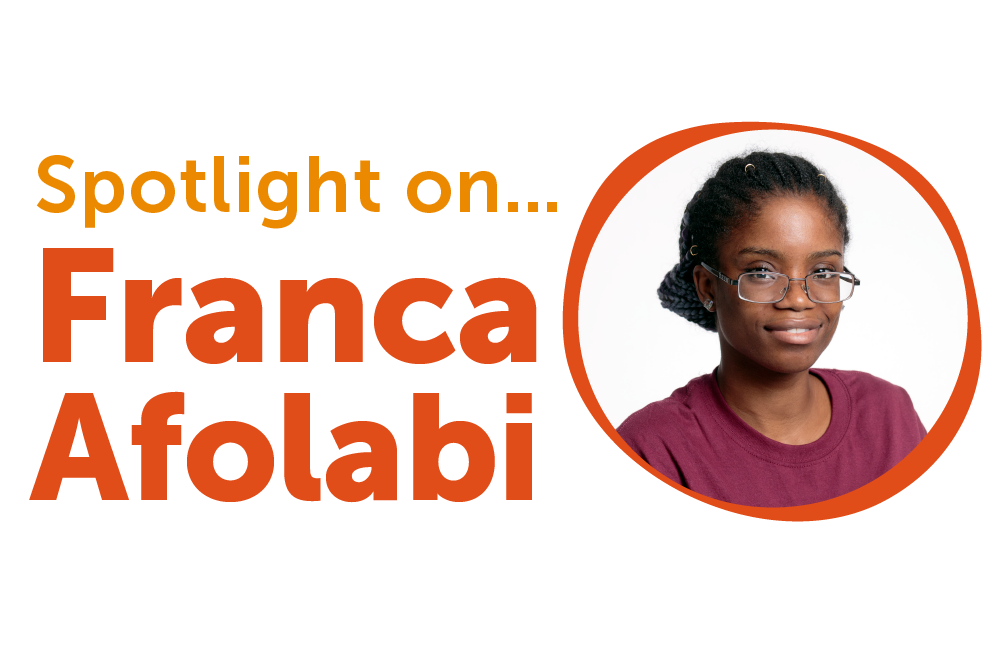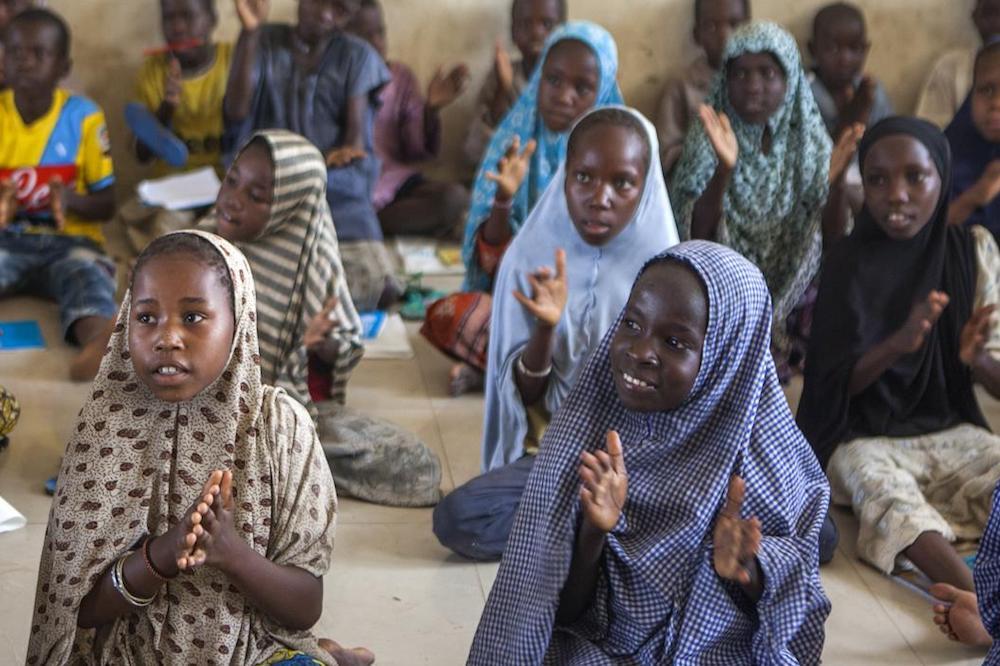
Kailash Satyarthi: change will come but our children need your voice
Child labour
By Kailash Satyarthi, joint winner of the 2014 Nobel Peace Prize
When I first caught word of the announcement that Malala Yousafzai and I would be this year’s Nobel Peace Prize recipients, a swirl of joyful emotions overcame me.
As family, friends, staff, members of the media and various well-wishers swarmed my Delhi office, it was as if I’d been transported to the time nearly 50 years ago when I experienced the first truly transformational moment in my life.
The earliest seeds of my struggle in fighting for children’s rights were planted on my very first day of school. I was just five. As I approached the school entrance, I noticed a boy of my age polishing shoes with his father. “Sir, why isn’t your son going to school with the rest of us?” I asked. “We are born to work,” was his reply. I really wanted that boy to learn and play with me, so his father’s response confused and upset me.
The transformative moment came six years later. The tradition in my town of Vidisha (Madhya Pradesh, India) on the last day of my school was for everyone to throw away their textbooks. This made no sense to me. Wouldn’t the children in the class below us benefit from our textbooks the same as we had – not to mention the cobbler boy and other children unable to attend school?
My friend and I rented a vegetable cart and walked around the neighbourhood convincing everyone to put their books in the cart rather than throw them away. I had no idea how people would react and so I was quite anxious. But as word of our experiment spread through the village, our cart soon overflowed with books. I was overcome with emotion as we shared the books with those who needed them most. Later that night, tears of joy streamed down my face.
That was the moment when I first realised that change is always possible. It was the moment a new Kailash was born in me.
Kailash signs A World at School’s #UpForSchool Petition
When the status quo is unjust, we must always challenge it. The real answer to my question to the cobbler boy’s father was not that some people are simply born to work but rather that some things in this world are just…unjust; and none more so than robbing children of their childhoods.
From child soldiers to trafficking for labour and sex, from intergenerational bonded labour to girls forbidden to attend school, the list of appalling injustices committed against children is, unfortunately, a long one. In the face of such horrors inflicted upon the most innocent of God’s creations, many have asked how I have been able to remain so optimistic.
It is because in the 34 years since giving up my career as an electrical engineer to dedicate myself full-time to my cause, I have seen tremendous progress. It is also because the soul of humanity itself demands it. If we do not change our ways, I fear we are on a collision course with a suicidal fate where violence triumphs peace and where extremism triumphs tolerance.
And this is a fate I cannot accept – a fate none of us can accept.
The same voice that told me over 50 years ago that the little cobbler boy should have been in school playing and learning with me is telling me now that compassion for the world’s children can be the unifying force that patches humanity’s soul and puts us on the right course again.
When we possess the resources today to end child slavery tomorrow and yet choose not to, this is devastating to the soul of humanity. Every year that we choose to spend more on instruments of destruction than on schools for our children, our collective soul is diminished.
Kailash leads a march against child labour and trafficking in Assam, India Picture: Bachpan Bachao Andolan
And so it is imperative that the march toward progress move forward. Let us unite with the children. Let us preserve their innocence. Let us put every last one of them in schools. Let us teach them peace, tolerance, and courage. Let us protect their fate, and in doing so, protect our own.
We cannot continue to let the same forces that divided us during the dawn of civilisation divide us still. And therein lies the hidden power of children – because whether you’re a woman from the East or a man from the West, no matter your religion, political views or anything else – we can agree that our children are the most innocent and precious of all gifts. All too often many find themselves struggling for survival and desperately clinging to hope where little is to be found.
And so we must protect them and keep our promises to them.
Progress will come at great cost, as it has already. My colleagues and I once attempted to rescue a group of Nepali girls trafficked and forced to work as circus performers. Not even the cameras from the media who were capturing the unfolding scene were enough to deter the circus owner from pulling a gun and mercilessly beating us.
But we were not deterred either. Brave bystanders huddled around us, carried us to their vehicle and drove us to the hospital. I went on a hunger strike demanding for the release of the girls, which was finally granted four days later. As a direct result of this incident, the Indian courts finally banned the use of children as circus performers. You see, change is possible, my friends.
In speaking truth to power, some of my fellow activists have paid the ultimate price. In the names of these courageous martyrs and the millions of children still enslaved and entrapped, I ask you to join me in this march – for courage must always triumph over fear.
Few people around the world and even in my own country were familiar with me before the Nobel Committee’s announcement. You may not have known me before and you may forget me still. But that is not important
I am Kailash Satyarthi. I humbly speak for the voiceless, the invisible, the innocent. I speak for the children. Just remember that I need your voice, too, my sisters and brothers. Our children need your voice.
More news

